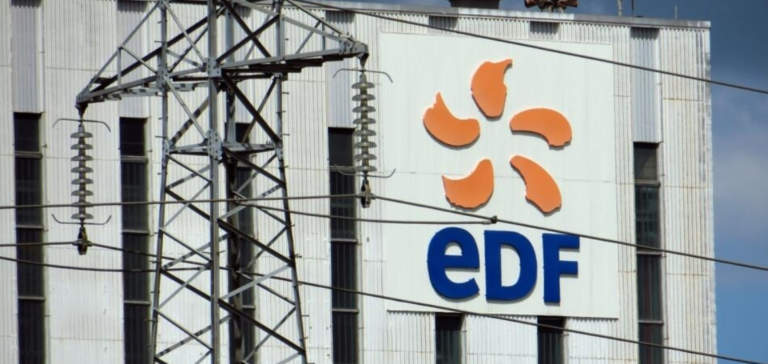The recent announcement of an agreement between the French government and EDF on the future price of electricity represents a decisive step in the country’s energy policy. Bruno Le Maire, France’s Minister of the Economy and Finance, said the agreement, the fruit of long and sometimes arduous negotiations, aims to stabilize consumer bills for the next 15 years, starting in 2026. Under the terms of the agreement, the average price of electricity generated by France’s nuclear power plants will be 70 euros per MWh.
Objectives and Mechanisms of the New Regulatory Model
This new regulatory model aims to balance several crucial objectives. On the one hand, it aims to protect consumers against exorbitant price rises, such as those observed in 2022. On the other hand, it seeks to guarantee EDF’s profitability, while preserving the competitiveness of French industry. Bruno Le Maire stressed the need for EDF to be profitable, pointing out that although the company is nationalized, it must not sell its electricity at prices that are not economically viable.
One of the key features of this agreement is the introduction of a mechanism for sharing EDF’s additional income in the event of higher market prices. This means that if electricity prices rise above a certain threshold, a significant proportion of these additional revenues will be passed on to consumers, to prevent prices from soaring. Agnès Pannier-Runacher, the French Minister for Energy Transition, summed up that this arrangement is designed to avoid a price explosion.
Reactions and criticisms from consumer and industry associations
Despite its positive intentions, the agreement was greeted with skepticism by several players. Consumer associations and manufacturers have expressed reservations, pointing to a lack of transparency and excessive complexity of the mechanism. UFC-Que choisir criticized the agreement as being negotiated behind the scenes, while the Comité de liaison des entreprises consommatrices d’électricité (Cleee) highlighted its formidable complexity. Further discussions with stakeholders are planned to clarify certain aspects of the agreement.
The forthcoming consultations will be crucial in addressing these concerns and refining the details of this regulatory framework. These exchanges will aim to clarify and simplify the mechanism, with a view to addressing the concerns raised and ensuring an efficient and transparent energy transition.
The agreement between the French government and EDF marks a turning point in France’s energy policy, aimed at stabilizing electricity prices over the long term. However, the mixed reactions of the various stakeholders highlight the challenges of transparency and complexity inherent in implementing such a policy.






















